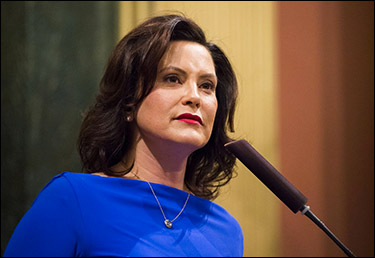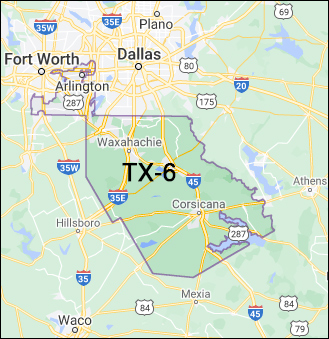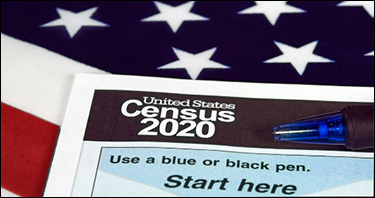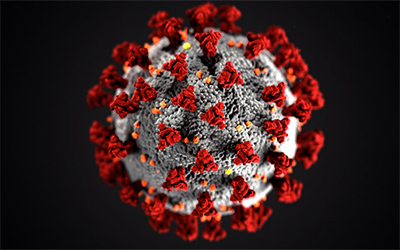By Jim Ellis — Tuesday, March 14, 2023
President
Gov. Ron DeSantis: Moves Being Made — Several occurrences suggest that Florida Gov. Ron DeSantis is on track to launch his presidential campaign in late May or early June. The timing corresponds to the Florida legislature adjourning.First, it is being reported that the governor is telling close advisors and donors that he will run. Second, he visited Davenport, Iowa on Friday and delivered a policy speech, which drew a large audience. Iowa is still first on the Republican nomination schedule even though Democrats have dropped the state from their early voting tier. Third, and most surprisingly, former Virginia attorney general and gubernatorial candidate Ken Cuccinelli (R), who was a senior official in the Trump Administration and is a conservative leader, has formed a political action committee whose purpose is to encourage the Florida governor to run for president.
House
CA-13: Rep. Duarte Opponent’s Alias — Phil Arballo (D) has twice run unsuccessfully for Congress and has announced his 2024 candidacy for the state’s 13th District, the seat that delivered the second-closest election in 2022. In that race, Rep. John Duarte (R-Modesto) defeated now-former state Assemblyman Adam Gray (D) by just 564 votes. Gray is also returning for a re-match.
Arballo’s candidacy, however, may be short-lived. It has just been uncovered that he is running a premium amateur adult porn video business on the side under the name of Felipe Jones. Regardless of what happens in the March 5 all-party jungle primary, expect both Rep. Duarte and Gray to advance into the general election.
IL-13: Rep. Budzinski Challenger Emerges — Educator and West Point graduate Joshua Lloyd (R) announced his congressional candidacy on Friday, hoping to challenge Illinois freshman Rep. Nikki Budzinski (D-Springfield) next year. The 13th District became a created open seat under the gerrymandered Illinois congressional map, and it stretches all the way from the Champaign-Urbana area through Decatur and Springfield until ending in the Illinois side of the St. Louis suburbs.
The seat was drawn to elect a Democrat and force then-Rep. Rodney Davis (R) into another district. The FiveThirtyEight data organization rates IL-13 as D+7, while Dave’s Redistricting App calculates the partisan lean at 53.3D – 41.8R. In November, Budzinski won a 57-43 percent victory over conservative activist Regan Deering (R).
IN-5: First Major Candidate Announces — Hoosier State Rep. Victoria Spartz’s (R-Noblesville) surprise retirement decision in only her second US House term had left an open Republican seat with no early declared candidates until late last week. First to announce is state Rep. Chuck Goodrich (R-Noblesville), who is also the president & CEO of an electric company. We expect to see a crowded Republican field in the R+22 district, but the unexpected open-seat status has featured a slow candidate development. The Indiana primary is scheduled for May 7, 2024.
States
Polling: 538 Releases New Pollster Ratings — The FiveThirtyEight data organization rates polling accuracy around the country and just released their post-2022 election ratings. Only four of the 506 rated entities were awarded A+ grades. They are, Siena College for the New York Times, Selzer & Company, Research & Polling, Inc., and Survey USA.
Only five more survey research entities that conducted at least 40 polls received an A rating. They are: ABC News/Washington Post, Beacon Research & The Shaw Company for Fox News, Marist College, Monmouth University, and Landmark Communications. Two more received A grades but conducted fewer than 40 surveys. In this category are AtlasIntel and Cygnal.




 Feb. 17, 2021 — The Census Bureau announced just before the Presidents’ Day holiday break that there will be yet another long delay in transmitting the census data to the states. Without the new numbers, redistricting becomes unachievable.
Feb. 17, 2021 — The Census Bureau announced just before the Presidents’ Day holiday break that there will be yet another long delay in transmitting the census data to the states. Without the new numbers, redistricting becomes unachievable. 

